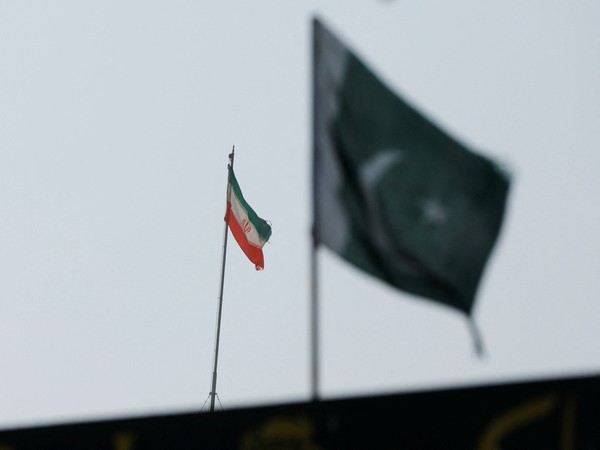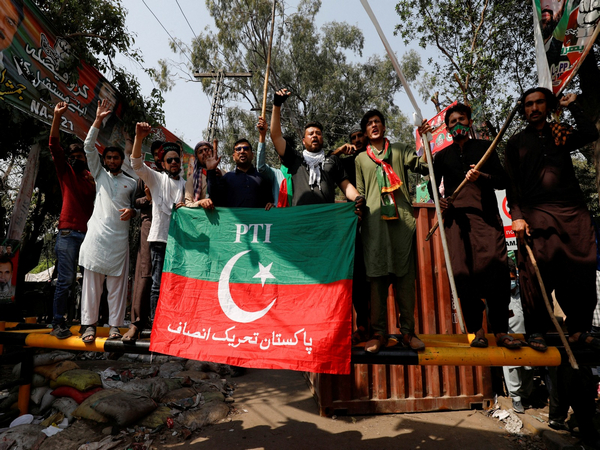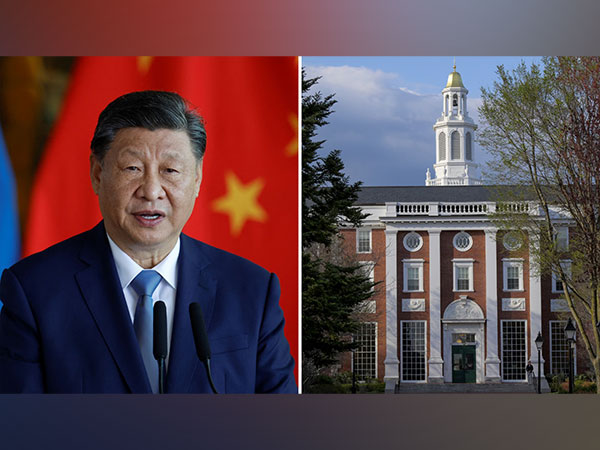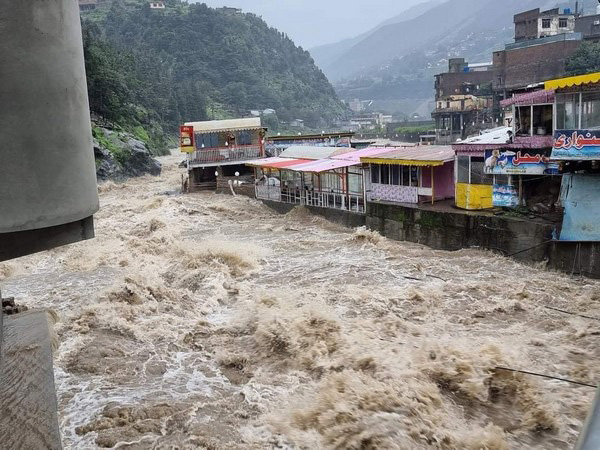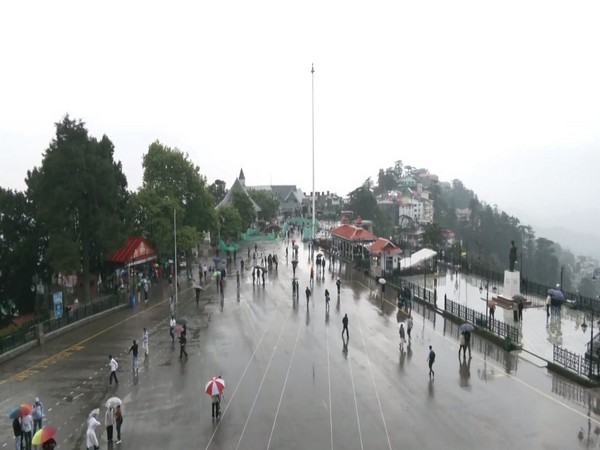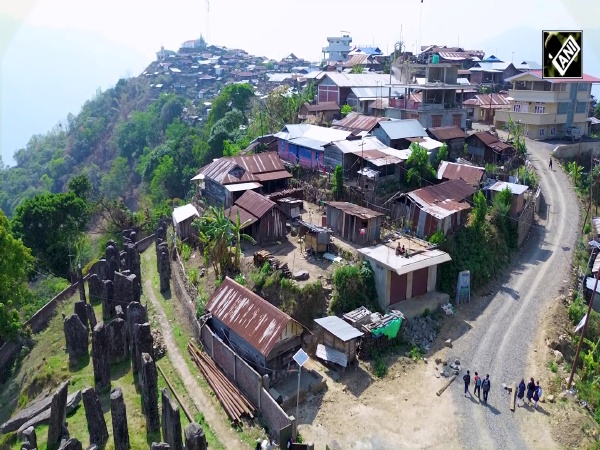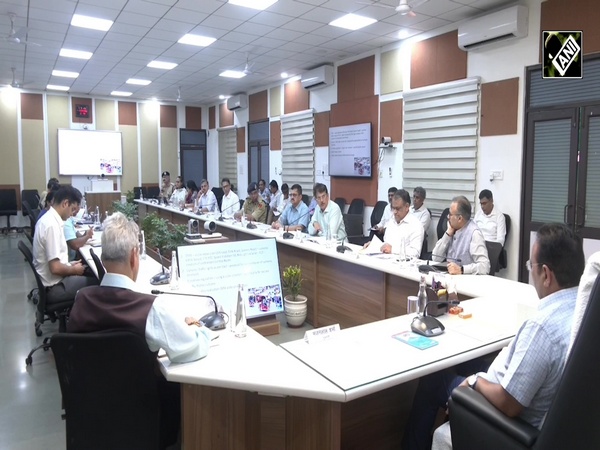Poor training of security forces, corrupt officials reasons for failure of Afghan National Security Forces: Report
Apr 20, 2022

Ottawa [Canada], April 20 : The failure of the Afghan National Security Forces (ANSF) in Afghanistan reflected the structural shortcomings of Security Sector Reform (SSR) here in the country including the overall international approach in Kabul, said a Canada-based think tank.
Issues like that of "ghost soldiers", for instance, were bound to emerge in a country where socioeconomic development remained heavily impaired and where corruption on every governmental level was endemic.
Apart from that, there are several issues for the non-fulfilment of ANSF including the poor training of security forces and the corrupt officials, European Foundation for South Asian Studies (EFSAS) said.
Poor training of security forces reasons for SSR's failure in Afghanistan: Report
Additionally, the precarious strategic situation of the ANSF was further compounded by the unilateral conduct of the United States under the Trump administration, with the 2020 Doha Agreement between the US and the Taliban demoralizing the remaining ANSF forces and motivating further desertions (George, 2021), as per EFSAS.
Although the speed of the ANSF's collapse may have taken some observers by surprise, the fact that it did happen cannot have been surprising considering the state of the ANSF prior to the American withdrawal.
According to the think tank, the criticism voiced by US President Joe President Biden following the fall of Kabul is not entirely inaccurate -- considering the amount of money spent by the international community on rebuilding Afghanistan and the armed forces, more should have been expected from them on paper.
That said, their ultimate failure and mass surrender to the Taliban was the inevitable outcome of an SSR programme.
The fall of Kabul to the Afghan Taliban in August 2021 brought an end to the US-backed government of Ashraf Ghani and ended the twenty years of non-Taliban rule that had begun following the American-led invasion of the country in October 2001, the think tank added.
